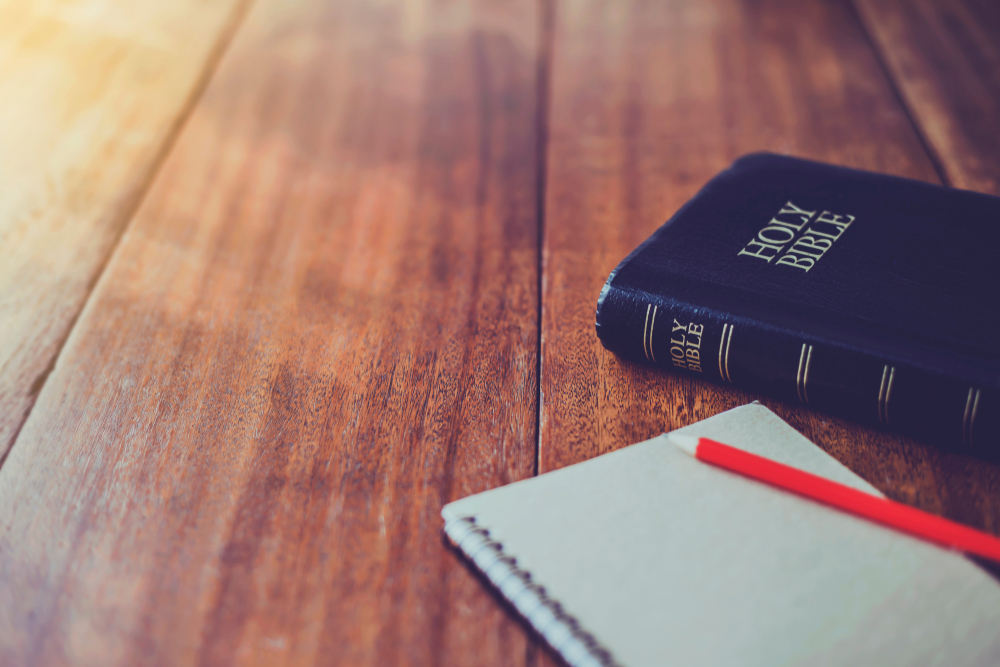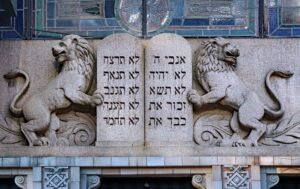Supreme Court Weighs Whether States Must Fund Religious Charter Schools
Since the first charter school opened 33 years ago in St. Paul, Minn., the movement for independently run but publicly financed and supervised education has exploded, now serving nearly four million students. And every one of the nation’s 8,000 charter schools is nonsectarian, because state and federal law has required it.
That could change after Wednesday, when the Supreme Court considers arguments that the Constitution requires states to allow religious charter schools on equal terms with secular ones. The case, one of the biggest on church and state in a generation, could hinge on whether the justices conceive of charter schools as extensions of the government that provide free education for all children, or as private entities entitled to obtain public grants on a nondiscriminatory basis.
“It’s abundantly clear that the First Amendment protects religious organizations’ right to participate,” said John Meiser, the head of a religious liberty clinic at the University of Notre Dame law school, which represents a proposed online Catholic charter school in Oklahoma.
The state’s Republican attorney general, Gentner Drummond, said that argument turns the charter school concept upside down. Defining them as private schools “is exactly the opposite of what the charter school movement has been arguing for the last 30 years. They have fought hard to be considered public schools and have complied with all state public school requirements,” he said.
Since all religions would be entitled to taxpayer funds to teach their faith, the next charter school could “advocate the benefits of worshiping Satan or worshiping the Wiccan faith,” or “an extreme Shariah discipline,” Drummond said. Better, he said, for the state to provide only “nonsectarian public education, because then you don’t have Muslim and Jewish families funding Christian education and vice versa.”
Conservative activists think they have the edge before a court that steadily has been elevating religious rights over secular interests. The justices struck down some limits on government funding of private religious education in a trio of cases from 2017 to 2022 and, in another 2022 case, expanded opportunities for public school coaches and teachers to pray on campus with students.
A victory for the school could provide a lifeline for Catholic schools in particular, which have been losing students as tuition rises. But it could pose a challenge to the nation’s public school systems, which have lost student enrollment recently and face new uncertainty from a Trump administration determined to shut down the Education Department.




